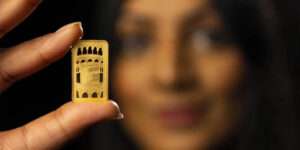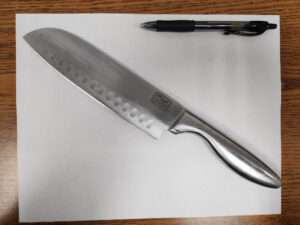Art experts in the Netherlands have claimed that a piece long thought to be an imitation was actually painted by Rembrandt himself.
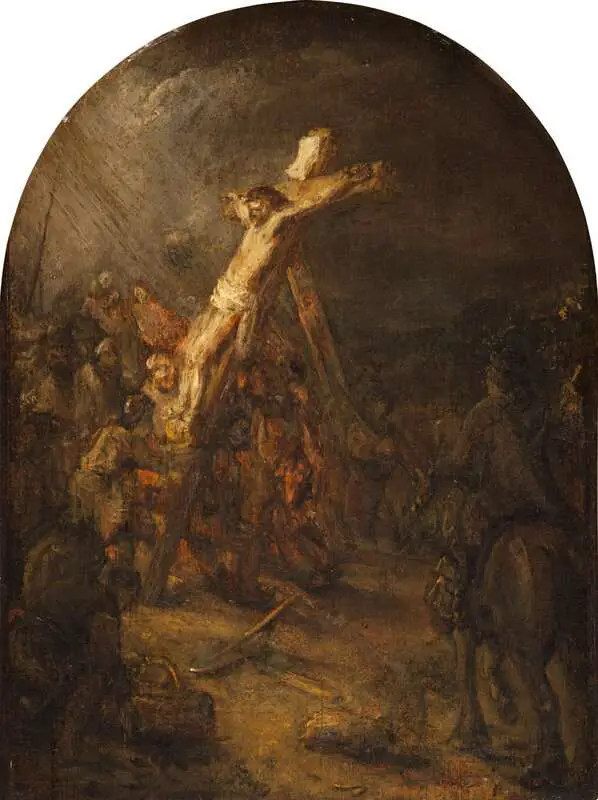
“The Raising of the Cross” oil sketch had been left forgotten for a century in a corner of the Museum Bredius in The Hague since its acquisition in 1921.
It was long thought by experts to have been a crude 1640s imitation of Rembrandt’s famous painting “The Raising of the Cross”, painted in 1633.
But a new analysis has revealed that it could in fact have been a preparatory sketch painted by the master himself to get an idea of what the finished work would actually look like, according to the experts who restored it.
Newsflash obtained a statement from the Museum Bredius on Thursday, 3rd November, saying (in English): “Jeroen Giltaij has discovered that one of our paintings, The Erection of the Cross, can be attributed to Rembrandt van Rijn.
“After extensive research had been done, the results were clear. No one but Rembrandt can have painted this work. It is probably an oil paint sketch for a painting that can be seen in the Alte Pinakothek in München. […]” (sic)
The sketch is indeed similar to the 1633 Rembrandt painting entitled “The Raising of the Cross” which now hangs in the Alte Pinakothek art museum in Munich.
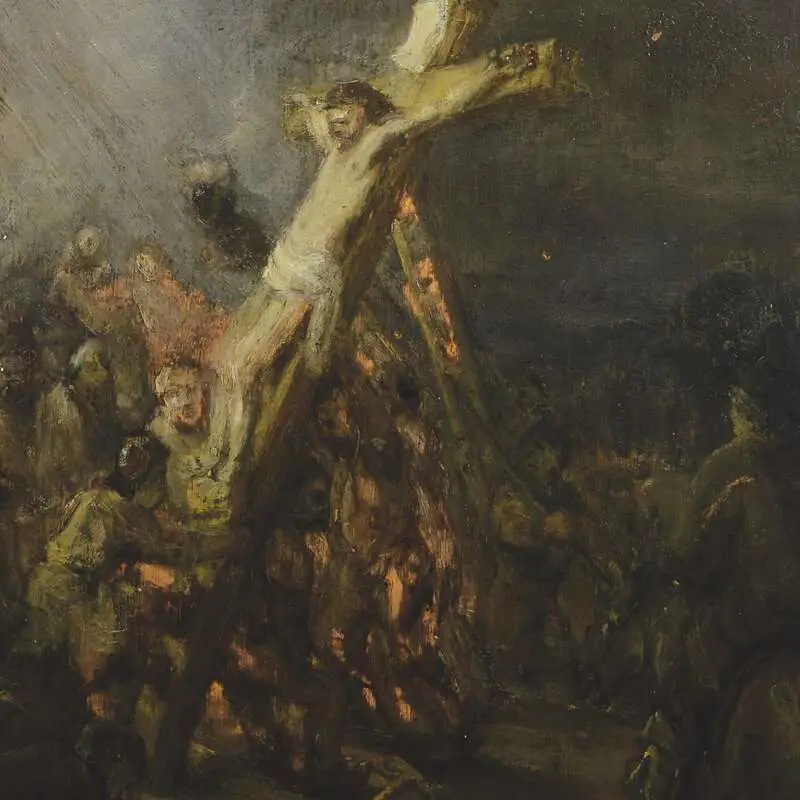
Johanneke Verhave, who restored the sketch, told local media: “The quality of the details are so well done that I am convinced that this is a Rembrandt.”
While Giltaij, who used to be the head curator of old paintings at Rotterdam’s Boijmans Van Beuningen Museum and who first “rediscovered” the painting while researching Rembrandt for a book a year ago, said: “I looked at this work again and again. At the brush strokes. They are brilliant.”
He said that the brush strokes were enough to convince him of the authenticity of the painting.
Abraham Bredius, after whom the museum is named, had bought the sketch in 1921 and he too thought that it was a genuine Rembrandt, before art experts dismissed the idea, arguing that it was too “crude” to have been painted by the Dutch Golden Age master.
But Giltaij said: “When I was looking at it, I thought Bredius was right. I think this is indeed a Rembrandt.”
He added: “You have to remember, this is an oil sketch. Rembrandt is usually very precise and refined, but this is very rough.
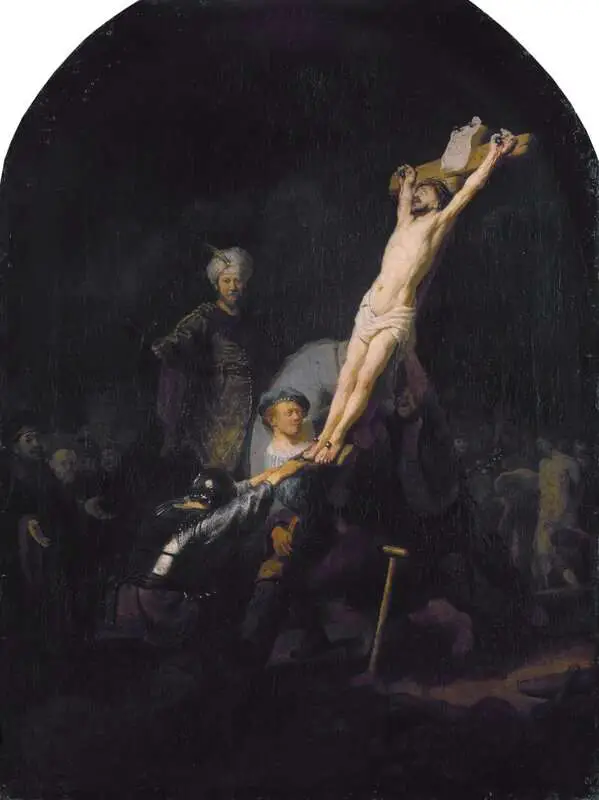
“The reason is the oil sketch is a preparatory sketch for another painting. He wants to show the composition, a rough idea of what the actual painting could look like.”
Verhave also said: “The research shows that the sketch has several changes made by the artist himself while painting, meaning that its composition was a creative process.
She added: “This means the painter was changing his mind while he was working. He was clearly not copying another painting.”
The research also reportedly shows that the way the painter held his brush matches the way Rembrandt did.
The experts’ findings were sent to Amsterdam’s Rijksmuseum, which conducted its own investigation. And the Bredius Museum said: “Regarding the use of materials, the researchers at the Rijksmuseum however did not find anything to contradict an attribution to Rembrandt.”
The Museum Bredius is putting on an exhibition entitled ‘Rembrandt Discovered’ from 3rd November to 15th January.


